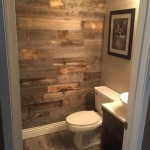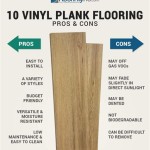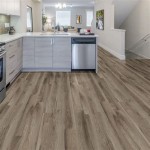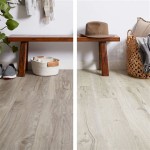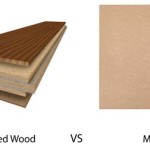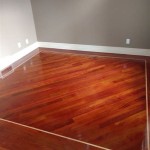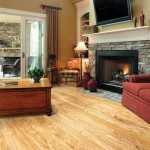Synthetic Wood Flooring: A Great Option For Your Home
Synthetic wood flooring has become increasingly popular in recent years as a great alternative to traditional hardwood flooring. It offers many of the same benefits as hardwood, such as durability, beauty, and warmth, but it also has some unique advantages, such as being waterproof and scratch-resistant.
If you are considering installing synthetic wood flooring in your home, here are some essential aspects to consider:
1. Types of Synthetic Wood Flooring
There are two main types of synthetic wood flooring: laminate and luxury vinyl plank (LVP). Laminate flooring is made from a high-density fiberboard core with a photographic layer of wood grain on top. LVP is made from a polyvinyl chloride (PVC) core with a similar wood grain layer on top.
Laminate flooring is generally less expensive than LVP, but it is also less durable. LVP is more durable and waterproof, but it is also more expensive.
2. Installation
Synthetic wood flooring is relatively easy to install. Laminate flooring can be installed as a floating floor, which means that it is not attached to the subfloor. LVP must be glued down to the subfloor.
It is important to follow the manufacturer's instructions carefully when installing synthetic wood flooring. Improper installation can void the warranty.
3. Maintenance
Synthetic wood flooring is low-maintenance. It can be cleaned with a damp mop or cloth. It is important to avoid using harsh chemicals or cleaners, as these can damage the finish.
Synthetic wood flooring is also scratch-resistant, so it can withstand heavy traffic. However, it is not indestructible, so it is important to take care not to damage it.
4. Cost
The cost of synthetic wood flooring varies depending on the type of flooring, the size of the room, and the complexity of the installation. Laminate flooring is generally less expensive than LVP, but it is also less durable.
It is important to factor in the cost of installation when budgeting for synthetic wood flooring. Professional installation can add to the cost, but it is worth it to ensure that the flooring is installed properly.
5. Benefits of Synthetic Wood Flooring
There are many benefits to installing synthetic wood flooring in your home, including:
- Durability: Synthetic wood flooring is very durable and can withstand heavy traffic.
- Waterproof: Synthetic wood flooring is waterproof, so it can be installed in areas that are prone to moisture, such as kitchens and bathrooms.
- Scratch-resistant: Synthetic wood flooring is scratch-resistant, so it can withstand everyday wear and tear.
- Easy to clean: Synthetic wood flooring is easy to clean and maintain.
- Variety of styles: Synthetic wood flooring is available in a variety of styles, so you can find the perfect flooring to match your home decor.
6. Conclusion
Synthetic wood flooring is a great option for homeowners who want the look of hardwood flooring without the high cost and maintenance. It is durable, waterproof, scratch-resistant, and easy to clean. With so many benefits, it is no wonder that synthetic wood flooring is becoming increasingly popular.

Laminate Flooring Types And S Forbes Home

Types Of Hardwood Flooring Forbes Home
.png?strip=all)
Wood Look Flooring 4 Best Options America

Why Grey Laminate Flooring Is An Ideal Choice For Your Home

How To Choose The Right Wooden Flooring Cost Maintenance Lifespan

Modern Flooring Ideas 11 Options For Contemporary Homes Inc

2024 Flooring Trends 20 Top Ideas This Year

Flooring Materials To Consider Forbes Home

Flooring Types The 5 Best Options For New Homes

Engineered Flooring Vs Laminate Everything You Need To Know Forbes Home
See Also

